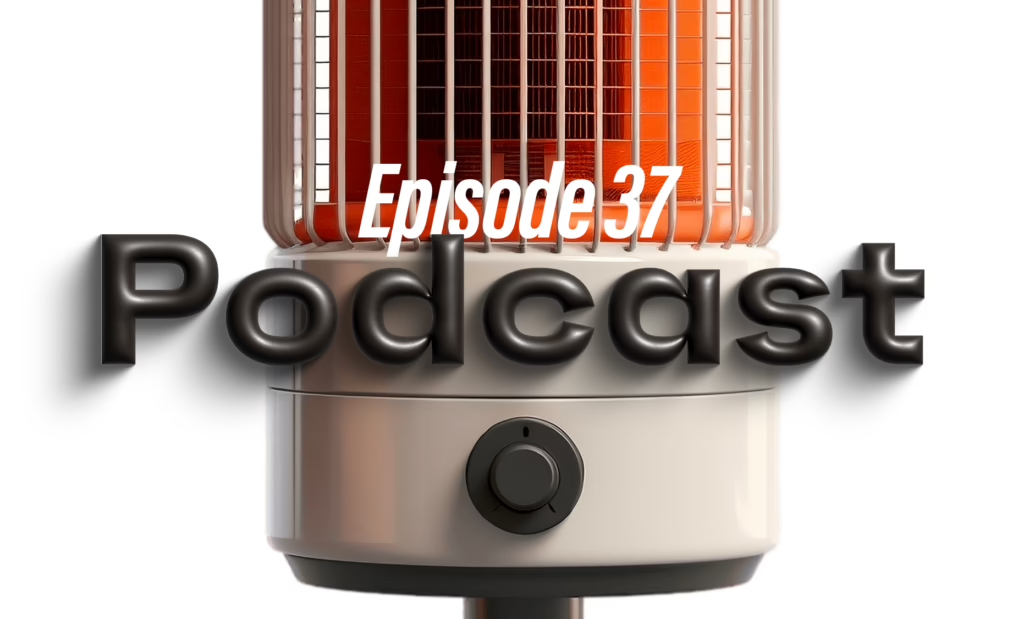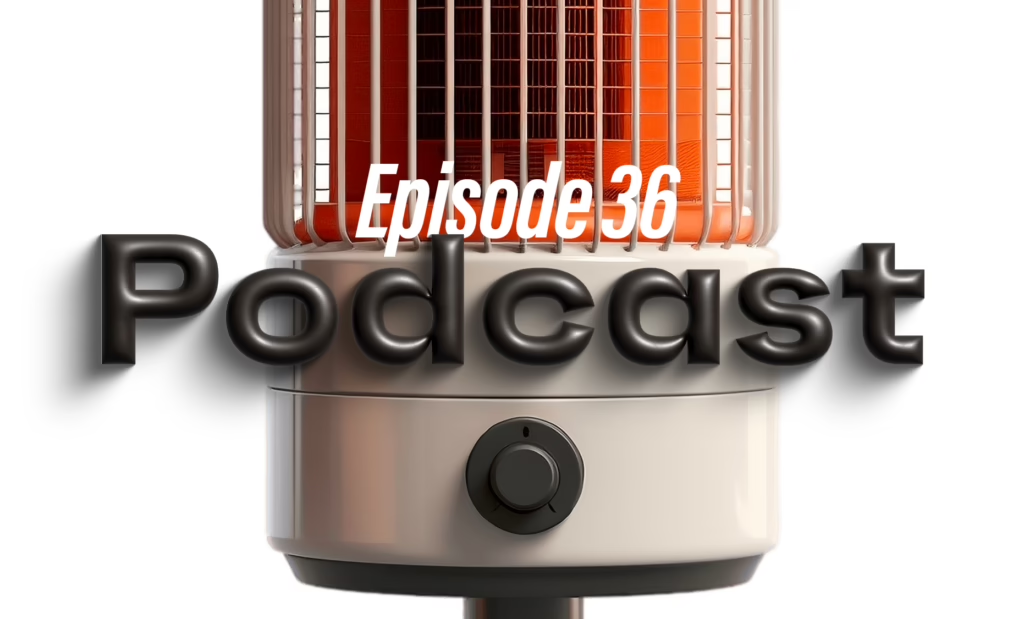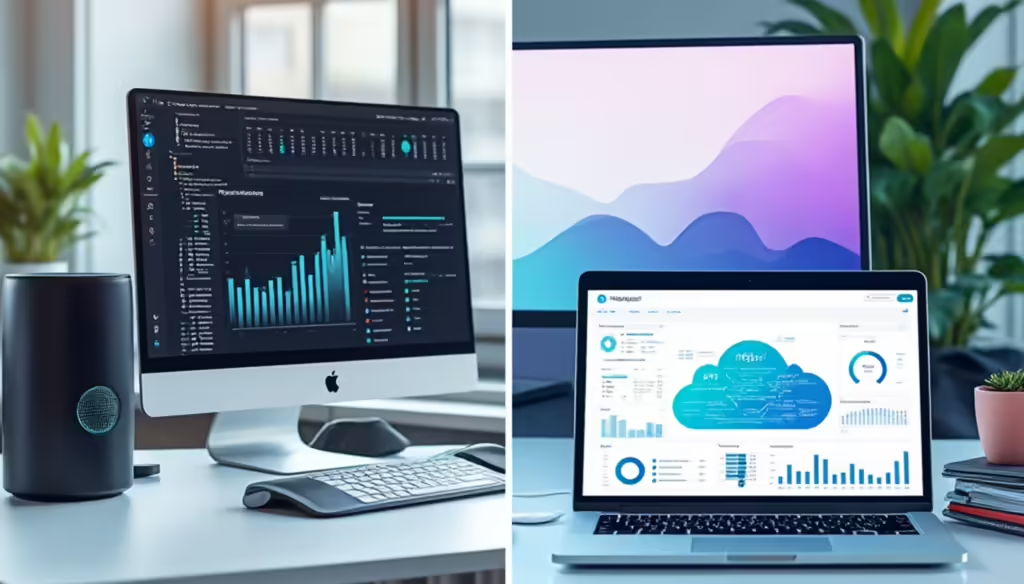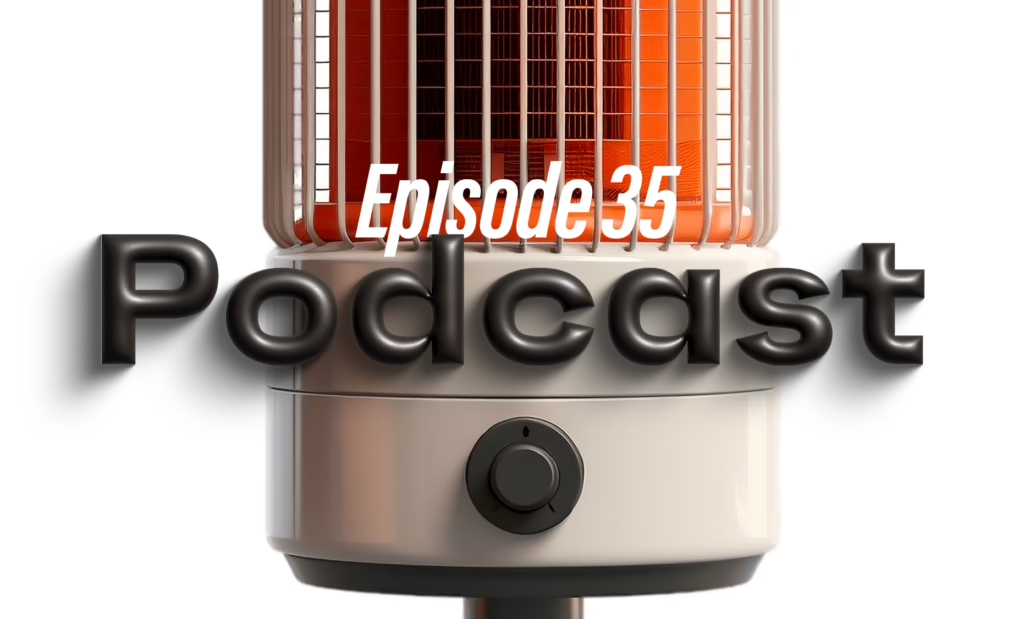With Laurier Mandin and Trevor Prentice
A licensing deal can be transformative to an inventor or product brand. It can open up new markets and create ongoing passive income. But doing it wrong can be a nightmare and leave piles of money on the table.
In our fourth instalment of Product: Knowledge, we did a fly-over of intellectual property with Erika Murray, an Intellectual Property Lawyer and Director of Innovation at PCK Intellectual Property. This episode drills down into a sub-topic of intellectual property: licensing.
Licensing is Trevor Prentice’s specialty. He’s an Intellectual Property Strategist. He’s worked with businesses in a wide range of industries and circumstance. In this conversation we get a clear definition of licensing. Trevor also explains how a good licensing strategy can benefit the inventor and brand, and even propel a new product forward.
We talk about how to decide what to license, valuation strategies to figure out what your product or process is worth, what you can license, and more.
What’s clear is talking to an IP strategist like Trevor Prentice can contribute to your bottom line and make issues around intellectual property easier to navigate.





